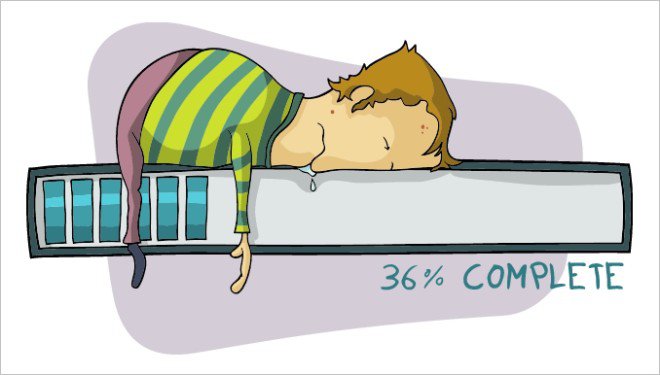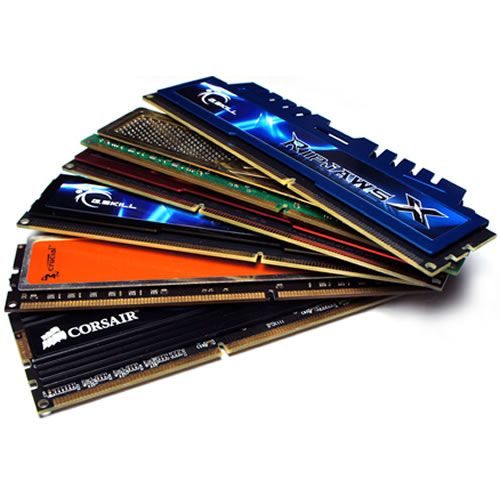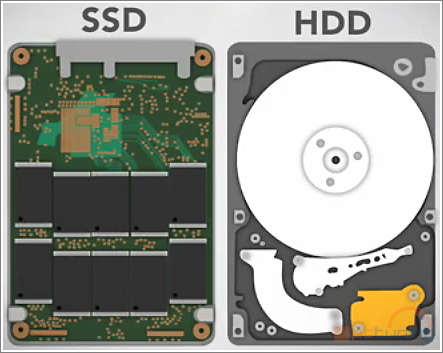
The quicker your PC boots up, the quicker you can get started on business. Wouldn’t it be amazing, though, if you could boot Windows up even quicker?
Well, there’s actually a number of ways you can save precious time in getting your PC up and running. The methods involved are a mixture of software and hardware changes that any PC user can instigate, so let’s take a look at how to reduce your Windows boot times.
Install More RAM

The simplest hardware solution to startup times is to install more RAM. The absolute minimum that any modern PC should be running with is 4GB of RAM, but if you can increase your RAM to 8GB then you’ll notice a significant increase in boot speed. And, with the price of memory getting cheaper and cheaper, this is an easy and attractive fix.
Reduce Your Startup Programs
One of the biggest factors in boot times is the number of programs that load at startup. You only need to load programs at startup which are essential for your PC to run. However, software manufacturers are keen to have their programs at your disposal as soon as possible, regardless of whether they’re needed or not.
To check what’s loading up at startup, you just need to run MSConfig and click on the Startup tab where you’ll be presented with a long list of programs. As a rule of thumb, you only need to have programs enabled which are manufactured by Microsoft and Intel. All other programs can be loaded later on when you need them.
Adjust Your BIOS Settings
You may not be aware of your BIOS, but it’s the piece of software which is responsible for loading your operating system. And, as you can imagine, this is quite a large task, so there’s plenty of potential for reducing your boot time by tinkering with the BIOS.
Not all PCs will allow you to access your BIOS settings, but the most common way is by pressing F2 during the initial stages of startup. And, once in, the most important change to make is to enable the ‘quick boot’ option which skips all the non-essential hardware checks during the startup process.
However, the BIOS is a very important piece of software, so you should only alter its settings if you know exactly what you’re doing.
Invest in a Solid State Drive

The most sure fire way of making your boot time faster than ever is to invest in a solid state drive (SSD). A relatively new breakthrough in hard drives, an SSD relies on Flash memory rather than moving parts and, as a result, can shave a significant number of seconds off your boot time.
And buying an SSD has never been more affordable with prices reducing every year whilst their capacity rapidly rises. Not only will it increase your boot speed, it will also speed up your Windows programs, so it’s an option which can’t be ignored.
For more ways to secure and optimize your business technology, contact your local IT professionals.



